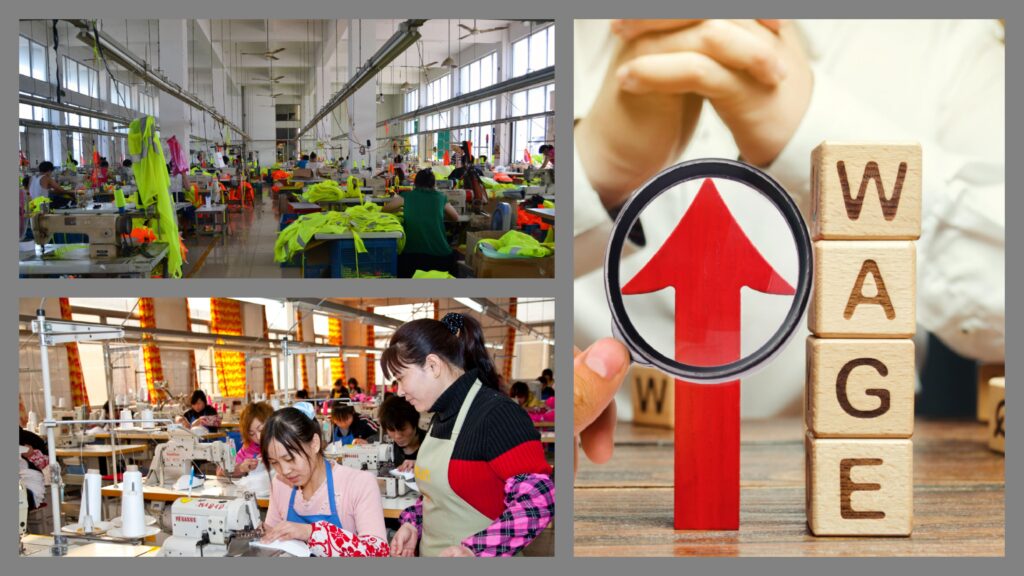
It reported that the era of low-cost Asian production is threatened by rising wages in Asia. The surge in young people who are reluctant to work in factories is cited as a major factor in the surge in wages. The WSJ reported that young Asian people feel that their working conditions are poor compared to their wages and are avoiding listening to their bosses’ instructions. For this reason, more and more young people are moving to the service industry or self-employed even if their income decreases. In the case of Vietnam, he worked as a mechanic at an automobile factory earlier this year and moved to a car-sharing company. “I get paid less hourly than when I work at a factory, but now I don’t work for my boss, so my stress has been reduced,” he said. An entrepreneur who runs a clothing factory in Ho Chi Minh, Vietnam, said, “All young people want to work in coffee shops or become Instagrammers, photographers, and stylists.” Wages continue to rise as it becomes more difficult to find manpower than before. According to the United Nations, the average wage of Vietnamese manufacturers more than doubled last year compared to 2011. China’s factory wages also jumped 122% for the first time in 10 years. China’s youth unemployment rate reached 21% in June this year as more and more young people do not want to work in factories even though there is a shortage of factory workers in China. Rising wages naturally lead to an increase in manufacturing costs. As a result, multinational companies with factories in Asia are reflecting wage increases in commodity prices. According to the WSJ, Mattel, a Barbie doll maker, raised product prices due to rising labor costs at factories in China and Indonesia. Nike, which has a large plant in Asia, also raised product prices in June, citing rising labor costs. As it becomes difficult to find young workers, companies are turning to middle-aged people. In 2001, Nike’s average age for Asian workers was 22. However, the average age of Chinese workers is 40 years old, and the average age of Vietnamese workers has risen to 31. “The reluctance of Asian young people to work in factories is a wake-up call for Western companies that rely on cheap labor,” he said. “Americans who have become accustomed to cheap Asian clothing and TVs will have to pay higher prices in the future.”
TED PARK
US ASIA JOURNAL

